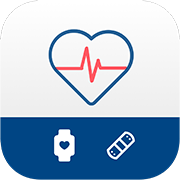APPs
AFibCheck
Check heart rate & rhythm, monitor heart health.
- Detect irregularities, prevent strokes.
- Check your heart rhythm with your smartphone.
- It only takes 1 minute to put your mind at ease.
Read more principle of the app
Scan the QR for installing
Heart Rate Monitor
Most accurate and easy-to-use heart rate app
- Get your heart rate in less than 10 seconds
- Check your stress levels
- See trends and analysis
Scan the QR for installing
Snore Tracker
Record and analyze your snoring and sleep talk
Assist to detect sleep apnea.
Are you a room shaker or a snorter? A buzz saw or a whistler? Or do you just purr like a kitten? Discover the truth with Snore Tracker! What's your Snore?
Scan the QR for installing
Watch ECG PRO
In-depth analysis of ECG
Support synchronization of ECG with Apple Watch
Mark ECG waveform, Analyze heartbeat, R-R interval, R-R scatter diagram, identify arrhythmias, atrial fibrillation etc.
Scan the QR for installing
BabyPulse - Pregnancy+
- Record the fetus and mother's body beats
- Listen to the beats sound with headphones in real-time
- Log changes in abdominal circumference
- Pleasant nature music to relax mother and baby
Scan the QR for installing
OnBeats - Metronome
- Rhythm and Tempo Training, Tempo rang 30 ~ 300 bpm
- Tap BPM to manually set your tempo
- Golf, Piano, Song Training
Scan the QR for installing
EAL - ECG Learning Doctor
- ECG annotation and interpretation
- Read electrocardiogram and self-test
- ECG waveform playback
Scan the QR for installing
Sleep Well - Relax & Track
- Tracking snoring and dream talking
- Soothes the mood and promotes sleep
- Connect with sleep sensor, Analyze heart rate, respiration, and sleep
Scan the QR for installing
Why you should check your heart rhythm regularly? - AFibCheck
1 in 4 of adults develop arrhythmias in their life
4.25 million strokes each year because of arrhythmias
75% of these strokes can be prevented
AFibCheck: your daily checkup
Arrhythmias can develop quite suddenly. A regular, quick diagnosis and appropriate treatment significantly reduce the risk of serious complications. checks your heart rhythm on your smartphone, wherever and whenever you want.
The adverse consequences of cardiac arrhythmias
Does your heart ever skip a beat? Do you sometimes experience palpitations? Then please pay attention. Cardiac arrhythmias are not (always) harmless. The irregular pumping of the heart causes blood clots in the heart’s chambers. These blood clots can end up in your bloodstream and cut off the blood flow when they get stuck in your blood vessels. As a result the specific organ no longer receives vital oxygen. In case of a pulmonary embolism for example, a blood clot blocks a blood vessel in the lungs, a stroke means there’s a blockage in the brain.
Cardiac arrhythmias increase the chance of a stroke by a factor 5.
In 20% of all strokes atrial fibrillation (AFib) is the villain. Getting diagnosed in time is therefore of vital importance. With appropriate treatment you can avoid serious complications. Three quarters of all strokes can even be prevented through good screening and active follow-up.
Detecting cardiac arrhythmias: a real challenge
physician behind computerA healthy heart rate is no guarantee for a healthy heart rhythm. But how do you know if you suffer from a heart rhythm disorder? Since cardiac arrhythmias are vicious critters, that proofs to be quite challenging…
A disturbed heart rhythm can come and go.
Palpitations do not always persist for a long time. You may experience symptoms, book an appointment with your GP or cardiologists and have a perfectly normal heart rhythm while lying on the examination table. Nothing seems to be wrong at that time. Seems, indeed. Quite a frustrating experience.
Sometimes there are no symptoms at all that suggest a disturbed heart rhythm.
Four out of ten people with a cardiac arrhythmia experience no symptoms at all and therefore simply do not know. Until something goes terribly wrong …
AFibCheck: your daily checkup
Arrhythmias can develop quite suddenly. A regular, quick diagnosis and appropriate treatment significantly reduce the risk of serious complications. AFibCheck app checks your heart rhythm on your smartphone, wherever and whenever you want.
Create the habit to check yourself twice a day using the app.
*Note: Not suitable for medical diagnostic purposes, the report information should not replace a doctor’s advice.
How does the heart rate monitor work?
The app is based on contact photoplethysmography (finger is in contact with the built-in camera) which can basically detect changes of the light absorption caused by the pulsation of arterial blood volume.
To make it easier for understanding, the app measures the light reflected in the blood with the phone's built-in camera to complete the detection at any time. When your heart beats, blood flow and light absorption are greater. Between beats, they are less. According to this repeated pattern, this application can measure and analyze the frequency of your heartbeats, and provide you with accurate pulse measurements and results.
If you are interested in photoplethysmography, click to read more at: https://www.heart.org/en/health-topics/high-blood-pressure/the-facts-about-high-blood-pressure/all-about-heart-rate-pulse
How to get the most accurate pulse reading?
Photoplethysmography is a very effective method commonly applied in clinical use. It allows you to get quick and accurate information about the performance of your heart throughout the day.
For the best results, please follow these tips:
- Hold your phone steady and keep it still during measurement.
- Make sure your fingers are not cold.
- Gently cover the entire back camera lenses with your fingers.
- Do not press too hard to avoid affecting the blood flow of your fingers.
If these simple rules are followed, the app guarantees to provide full functionality for the accurate tracking and monitoring of your heart activity.
How do we evaluate your heart rate level?
After measuring your heart rate, the heart rate data are stored locally and display according to the mode and time of your detection.
For the best results, please follow these tips:
- In different modes, the criteria for evaluating heart rate can be adjusted accordingly. For example, the adult heart rate is 60-100 BPM at normal rest, according to the American Heart Association, and we take it as a reference for the assessment of your heart rate.
- Based on the heart rate assessment criteria in different modes, we will give you some tips. Due to gender, physical fitness, organ health levels and other factors vary from person to person, the tips we provide are only applicable to most conditions and for reference only. If you choose to adopt them, please consider the risks brought by the corresponding tips on exercise and adjustment methods before starting.
By collating literature information from various places and reconfirming with the doctor, we try our best to provide you with tips for reference, hoping to provide a guarantee for your health.
Resources
- What should you know about your heart rate: https://www.heart.org/en/health-topics/high-blood-pressure/the-facts-about-high-blood-pressure/all-about-heart-rate-pulse
- How does sleep affect your heart rate: https://www.health.harvard.edu/blog/how-does-sleep-affect-your-heart-rate-2021012921846
- Target Heart Rates Chart: https://www.heart.org/en/healthy-living/fitness/fitness-basics/target-heart-rates
- Lifestyle Changes for Heart Attack Prevention: https://www.heart.org/en/health-topics/heart-attack/life-after-a-heart-attack/lifestyle-changes-for-heart-attack-prevention
- Change in Heartbeat: https://www.healthlinkbc.ca/health-topics/aa53422
- How to Sleep Better: https://www.helpguide.org/articles/sleep/getting-better-sleep.htm
- Stress Can Increase Your Risk for Heart Disease: https://www.urmc.rochester.edu/encyclopedia/content.aspx?ContentTypeID=1&ContentID=2171
- How does obesity increase the risk of heart and circulatory diseases: https://www.bhf.org.uk/informationsupport/risk-factors/obesity



